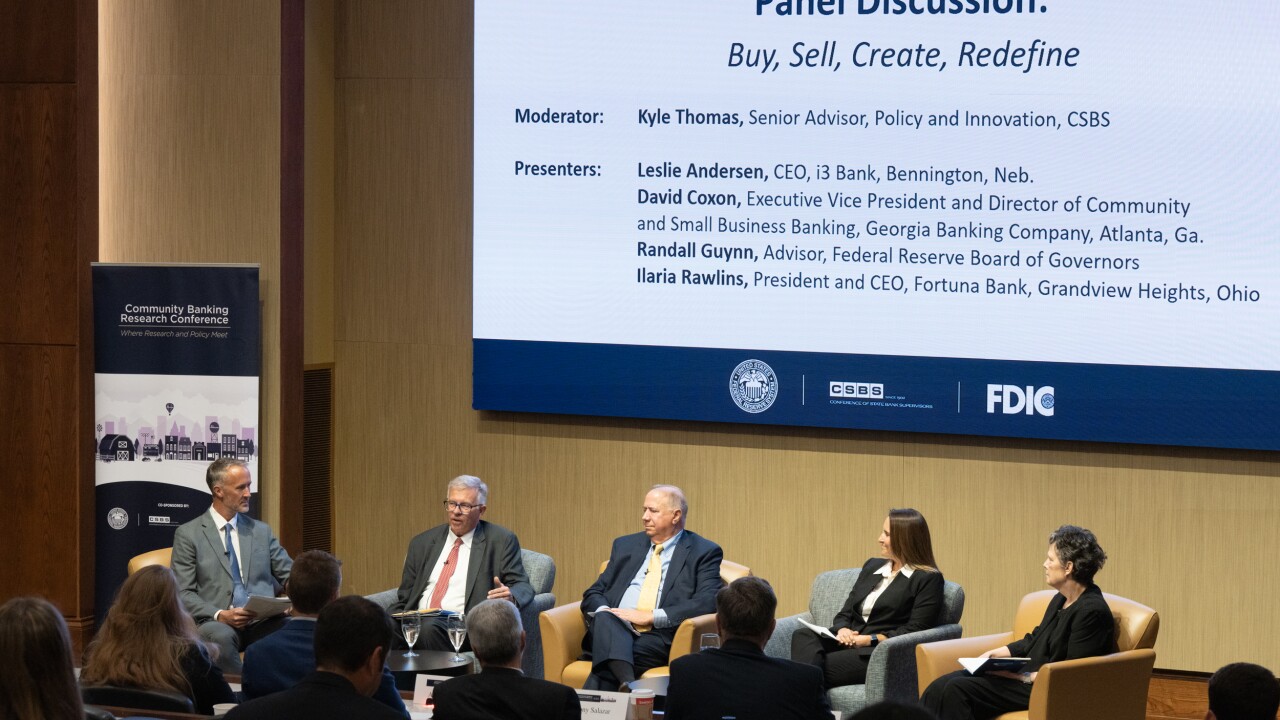Want unlimited access to top ideas and insights?
In her work as a data scientist for several payments startups, Afra Khan's key skill is leveraging fast-evolving technology tools to analyze consumer financial behavior and block fraud before it strikes.
“The power of the information tools we have now, using sophisticated artificial intelligence and bots and algorithms, is quite mind-blowing,” said Khan, 32, who worked at nonprofits and several other fintech startups as a data scientist before launching her own micro-lending company called PaidUp.
"So much information is becoming available to us—through data about consumer financial behavior and devices' details—that soon fraudsters around the world are going to have a very difficult time making a living,” Khan forecasts.

Data science not only holds the keys to diverting fraud, but it can also help companies decipher important nuances about how people behave with money, she believes.
“My top interest lies in finding ways for technology to reshape banking services to be fairer and more accessible for people around the world,” Khan said.
Khan got her first taste of this work as an economics student when she traveled to Pakistan and Ghana to work with nonprofits, helping to drive financial inclusion in underserved populations through education and organization.
It was fulfilling work, but Khan wanted to see quicker results.
“I spent about three years in meetings, watching the slow pace of bureaucracy, and I knew that technology could change people’s lives much faster,” she said.
Returning to the U.K. after completing graduate studies at Oxford University in development economics, Khan dove into fintech, beginning a whirlwind series of jobs. She landed her first role as a data scientist at Zopa, a peer-to-peer lending startup, and after two years she took on a similar role at another startup, LendInvest.
In 2015 Khan started work on her own startup, PaidUp, in the Philippines, before pausing last year to put in a stint as chief data scientist at Judopay, a U.K. payments enabler. Khan returned full-time to PaidUp in February after the company received seed financing.
Khan's experience with PaidUp has been engaging and challenging, because consumers in the Philippines are new to the concepts of micro-lending and apps, Khan said.
“I'm concentrating on what it takes for women, in particular, to succeed in a small business. Through PaidUp I'm watching people break out of the poverty cycle, enabling them to trade services for enough cash to expand their business by purchasing shears or a chair to operate a hair salon,” she said.
Khan wants to see more people get broader access to technology tools. Growing up in London, Khan said she had little exposure to technology in school and relied on her own curiosity to develop the coding skills that advanced her education and career. “Children should be taught to code like they learn math or other languages, so they’re aware of fields like technology from an early age,” she said.
Even as Khan works to drive technology forward, she’s concerned about the possible social fallout from new trends, and how self-driving cars and robots with artificial intelligence may one day displace jobs.
“I think we’ll see a lot of tension coming from job cuts from automation, and I hope we can find ways to equally distribute all the gains we see from technology,” Kahn said.
But Khan wastes little time these days as she races to keep up with moment-to-moment developments in the field of data science.
“Working in technology and data science calls for quickly embracing and abandoning new technologies, frameworks and tools, and the ability to ‘forget’ something you already learned can be just as crucial to providing a fresh perspective on new problems,” she said.




